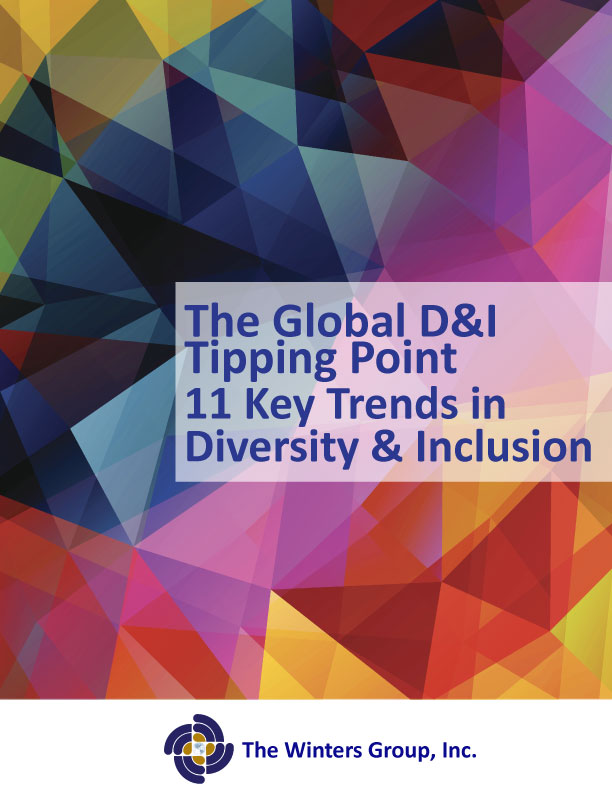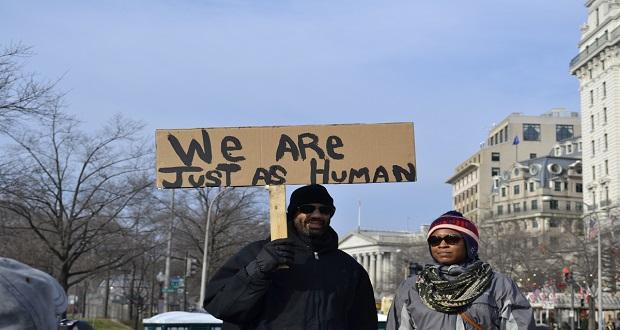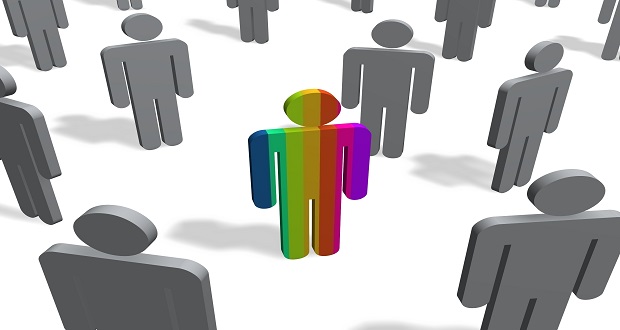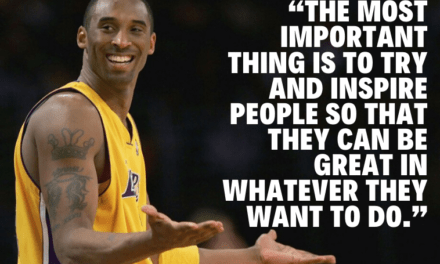
Religious beliefs are often instilled at a very early age and can be quite personal and core to an individual’s identity. As such, encountering religious beliefs different than one’s own can evoke great emotion and cause undue conflict and misunderstanding.
Likewise, religion is often considered a private matter, so when it shows up in the workplace, it is easy for managers or other company representatives to misstep. Decisions made by employers around religious accommodation may be driven by lack of knowledge, unconscious bias, and stereotypes. Each case is unique, making decisions more difficult because there is a lack of experience on the part of the manager, or a lack of precedence within the organization. We explore and expand on Religious Diversity in our Global D&I Tipping Point report. Specifically, we highlight some of the trends associated with misguided views towards Muslims and Islamophobia in the workplace.
Within recent years, we have been exposed to terrorism on a global scale. Most of these incidents have been credited to religious extremist who associate themselves with Islamic beliefs & practices. However, most Muslims do not agree with the inhumane acts that have been associated with their faith-base. A recent global survey indicated that the majority of Muslims have unfavorable views toward Islamic extremist. Nonetheless, heinous acts as 9/11, and the multiple deadly attacks in Paris, have increased discrimination against Muslims in the workplace and the world.
While Muslims only make up about one-percent of the U.S. population, nearly 40 percent of all the EEOC’s religion based workplace complaints filed were related to Muslims.
The changing religious population, coupled with the rise of rhetoric that perpetuates intolerance towards specific religious groups, present distinct challenges that require increased employer understanding, flexibility and cross-cultural competence. In those countries where religion is protected in the workplace, companies need to balance different religious values and practices that might conflict with existing company policies. Human resource practitioners at many companies may not be equipped to deal with this balancing act, particularly because laws may be loosely enforced or not clearly defined.
In our Global D&I Tipping Point report, we share best practices and recommendations for leaders to create environments that are inclusive of religious diversity and minimize the manifestations of Islamophobia in the workplace.



















